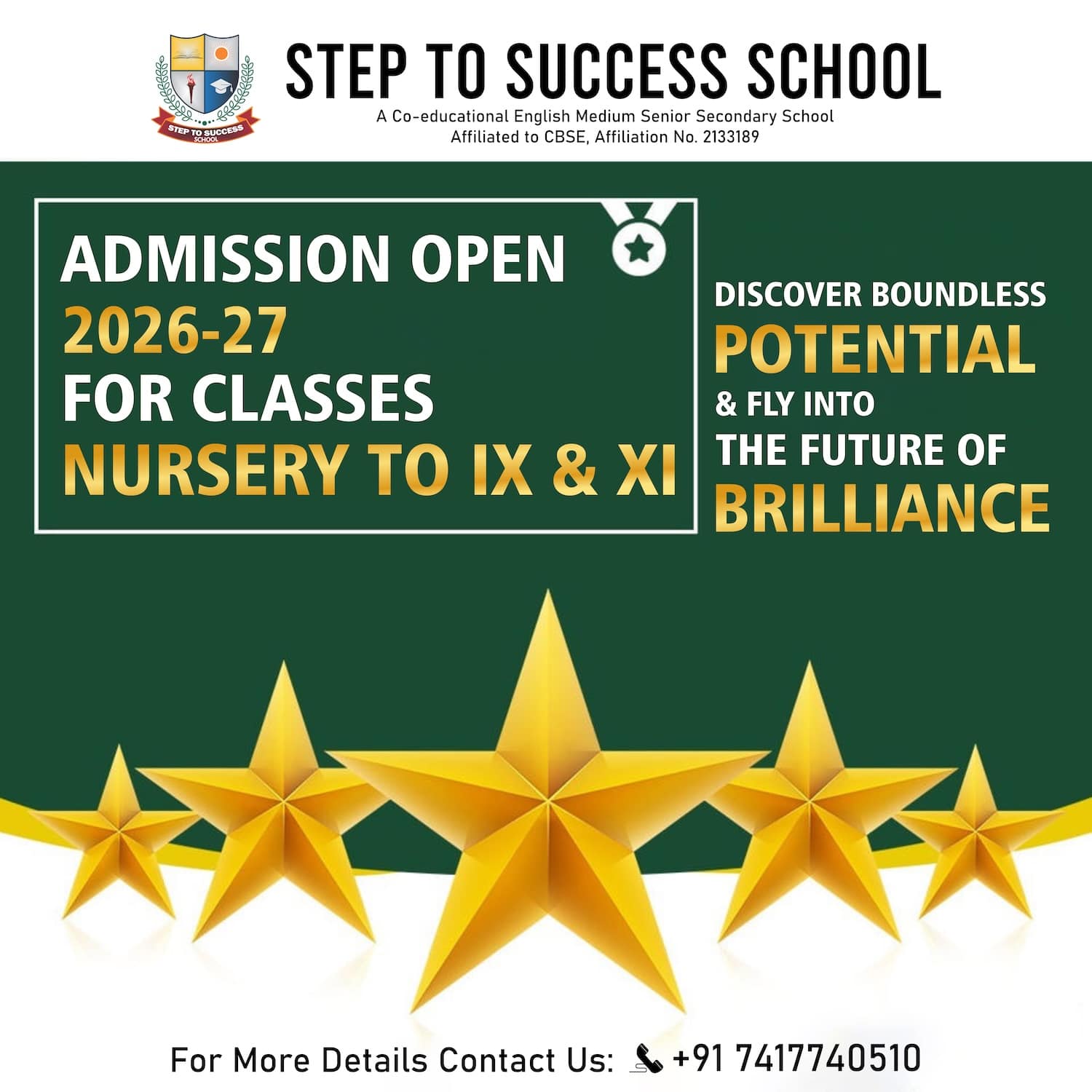The Kindergarten curriculum is based on age-specific learning outcomes. Sensitive and appreciative teachers create a caring, secure space for little ones in “big school” for the first time. A space where multiple senses are sparked, investigations triggered into themes and topics, questions and discoveries welcomed with delight. Together, children and teachers reflect on the meaning of each activity and explore it thoroughly; in doing so, every child makes the experience authentic and the learning personal. Teachers attempt to understand the social and cultural contexts to which children belong, which gives clues to their emotional, cognitive and social needs. This helps teachers create a truly unique multicultural learning environment.
STS promotes an active partnership between the school and the parent community.
The Kindergarten Programme
The STS Kindergarten offers the following groups –
Accelerated K2 (UKG) if required, for children who are in K2 but are yet to mature to Grade 1 requirements.

